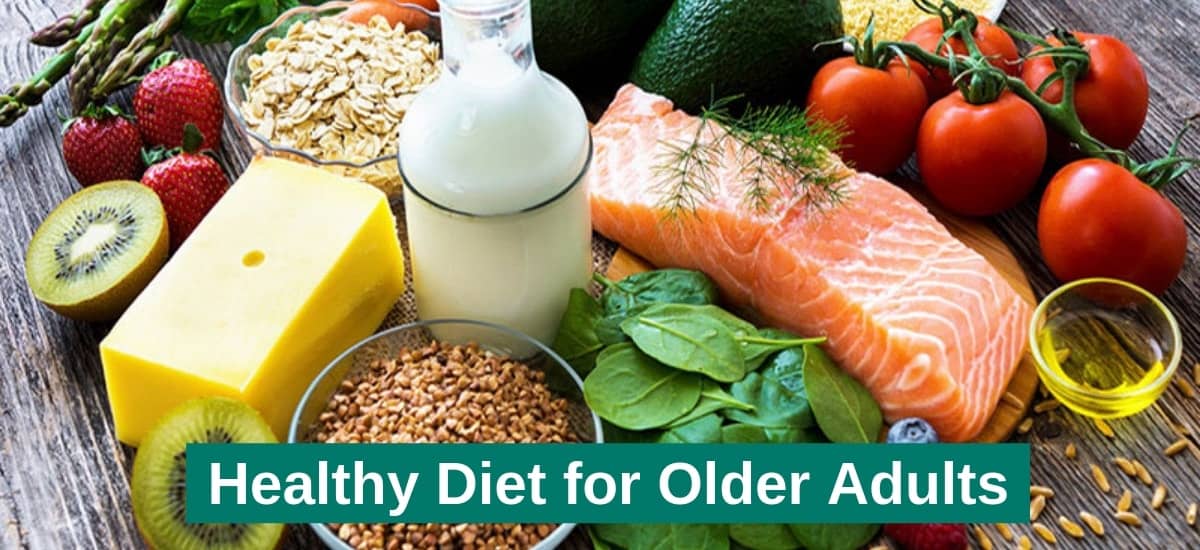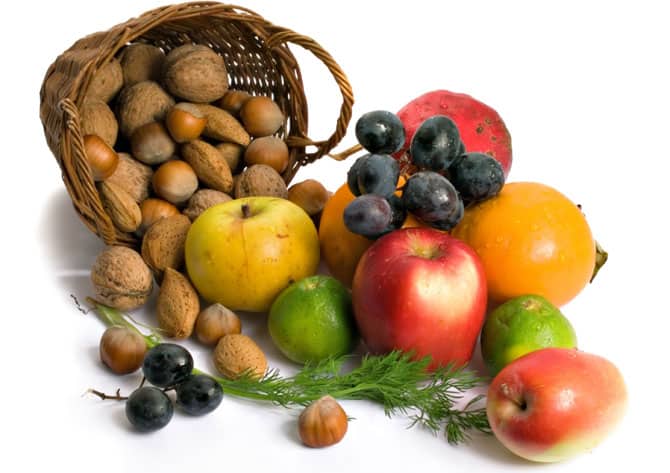
However, providing older persons with adequate nutrition has its own sets of challenges. First, their nutritional requirements are not well defined. Second, their nutrient needs are affected by the ageing process. For example, while the energy requirement per kilogram of body weight reduces as we age, other essential nutrients may increase in later life.
1. Eat Nutrient-Dense Foods
2. Limit Foods That Are High in Calories
3. Choose Healthier Convenience Foods
4. Eat Enough Fibre
5. Drink Plenty of Fluids
6. Use Dietary Supplements
7. Consider a Fortified Diet
8. Plan Your Meals
9. Control Portion Sizes
10. Season with Herbs, Spices and Condiments
11. Include Healthy Fats
12. Eat Regular Meals
13. Reduce Sugar Intake
14. Watch Your Alcohol Intake
15. Stay Social
You can read more about these below.
As you age, your caloric needs reduce while your nutrient needs stay the same or increase.
Additionally, appetite can often decrease as we get older. Eating nutrient-dense foods will ensure you get the minerals, vitamins, proteins and other nutrients your body needs.
The diet for elderly person should contain:
• Nutrient-rich fruits and vegetables
• Whole grains like oats, whole wheat, bulgur, brown rice, and quinoa
• Low-fat or fat-free dairy, or soy, or almond that is rich in calcium and vitamin D
• Poultry, eggs, lean meats, and seafood
• Seeds, nuts and beans
Since older adults need fewer calories, they should limit foods that have many calories and offer few nutrients. Elderly people diet should have less of these foods:
• Sugar-sweetened beverages
• White bread, white rice, degermed cornflower and foods made from refined grains
Traditionally, convenience foods have not been a healthy choice. Therefore, if you find yourself relying on convenience foods, be sure to choose healthy options. Here are a few convenient yet healthy items you can incorporate into a diet for elderly person:
• Frozen veggie pizza
• Canned tuna or salmon
• Prepackaged low-fat yogurt
• Bagged salad or coleslaw mix
• Frozen or low-sodium canned vegetables
• Low-sodium canned broth and tomatoes
Fibre plays an important role in the health of our digestive tract. It keeps the digestive system tract flowing by ensuring the bowel movements are soft and regular. To avoid constipation and other digestive problems, include fibre rich foods in your diet.
Good sources of fibre include:
• Nuts and seeds
• Peas, beans, and pulses
• Potatoes with skin
• Fruits such as melon, pears, bananas, and berries
• Deep-coloured vegetables such as broccoli, carrots, and chard
Here is a useful video with some tips on a high fibre diet.
Eating well, and getting your fibre intake, is essential to ensuring good wellbeing as otherwise it can also impact on your sleep patterns.

Older adults whose diets don’t include a lot of fruits and vegetables and who dislike oral nutritional supplements should consider having a fortified diet. Fortified foods and snacks have a higher nutrient density that can help increase the energy and protein intake of older people.
Some of the best food to incorporate into an elderly people diet include milk, bread, cereals, pasta, NON-GMO soy products, and high-quality salt to name a few.
Heart-healthy fats can improve blood cholesterol levels and lower your risk of heart disease if eaten in place of unhealthy fats. Here are fats you can include in your overall healthy eating plan:
• Omega-3 fatty acids – are found in oily fish such as sardines, salmon, tuna and trout. Other good sources are walnuts, flaxseeds, and soybeans.
• Monounsaturated fats include peanut, sunflower, sesame, canola and olive oil. This type of fats can also be found in avocados, olives, and nuts.
• Polyunsaturated fats – are found in sunflower seeds, fish and vegetable oils such as soybean, safflower, sunflower, sesame and corn oils.
Establishing regular eating is important for older people as it gives structure to their eating habits. It also keeps their metabolism and sugar levels steady and minimises feelings of dizziness, tiredness, and irritability.
Your regular eating should take the form of three meals and two to three snacks a day. Also, make sure to eat meals at similar times each day, not skip meals or snacks, and not leave a gap of more than three hours between meals/snacks.
It is recommended that adults keep their intake of sugars to less than 10% of total energy intake. Consuming more of the required intake can increase the risk of overweight and tooth decay. What’s more, studies show that high sugar intake can increase the risk of mild cognitive impairment in older adults.
Try to reduce or eliminate sugary drinks from your diet and eat whole foods that are naturally sweet such as yams, sweet potatoes, and fruits.
Eat often with friends or family members – social interaction can make mealtimes very enjoyable. If you can’t cook for yourself, ask for help from friends, family or community services.
Enjoying a healthy diet will keep you healthy as you age. Just remember to eat well, drink plenty of fluids and avoid foods that do not have nutritional value.